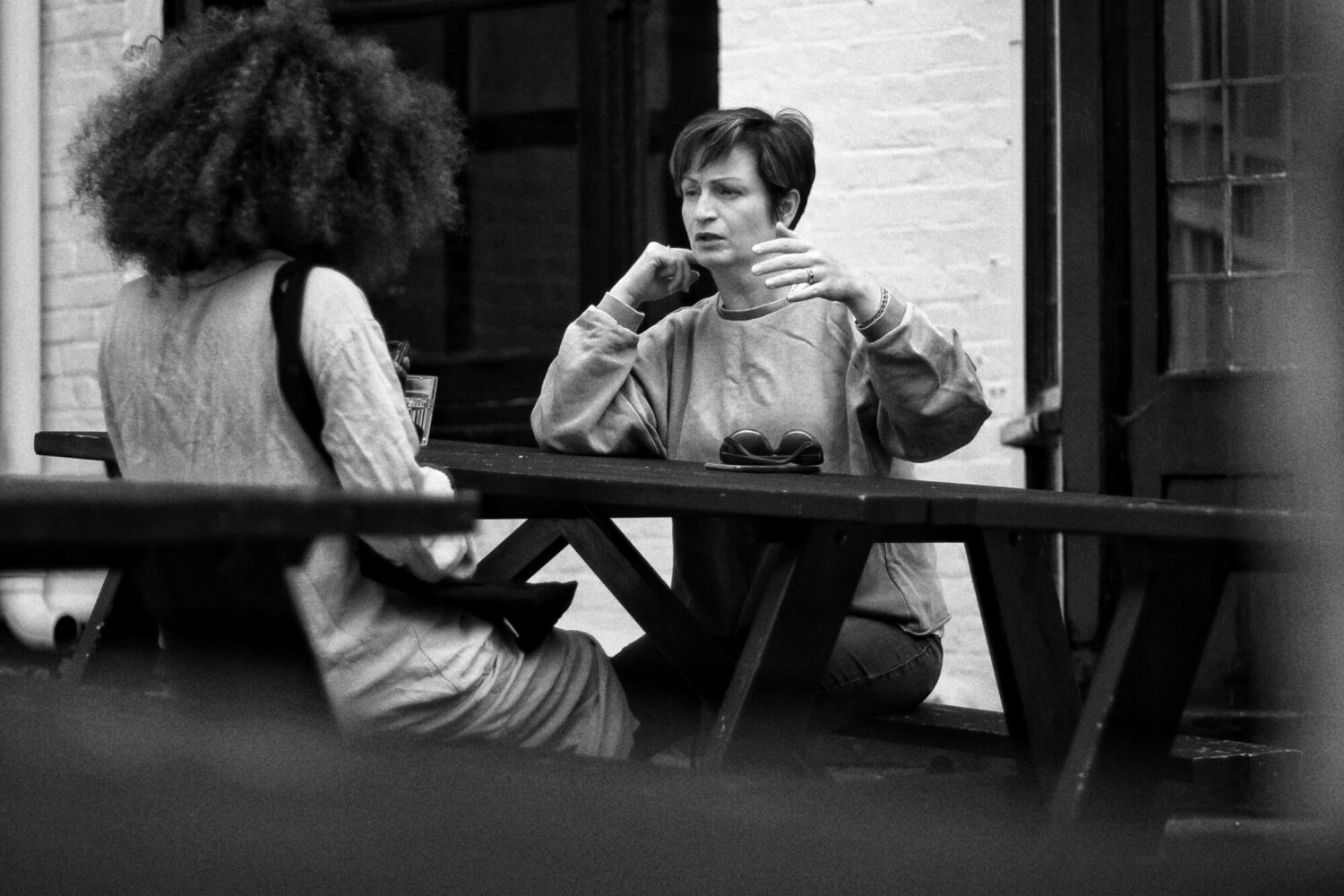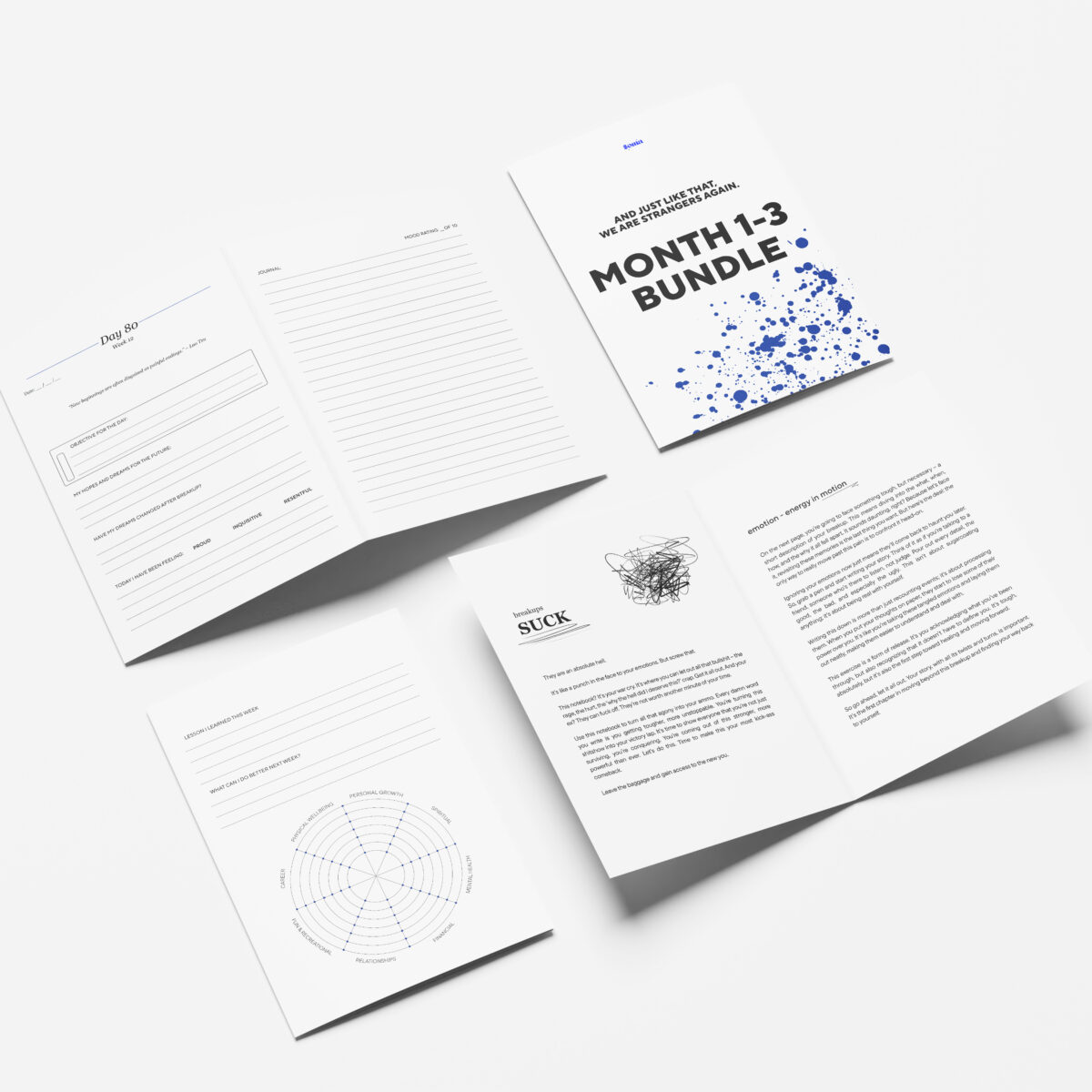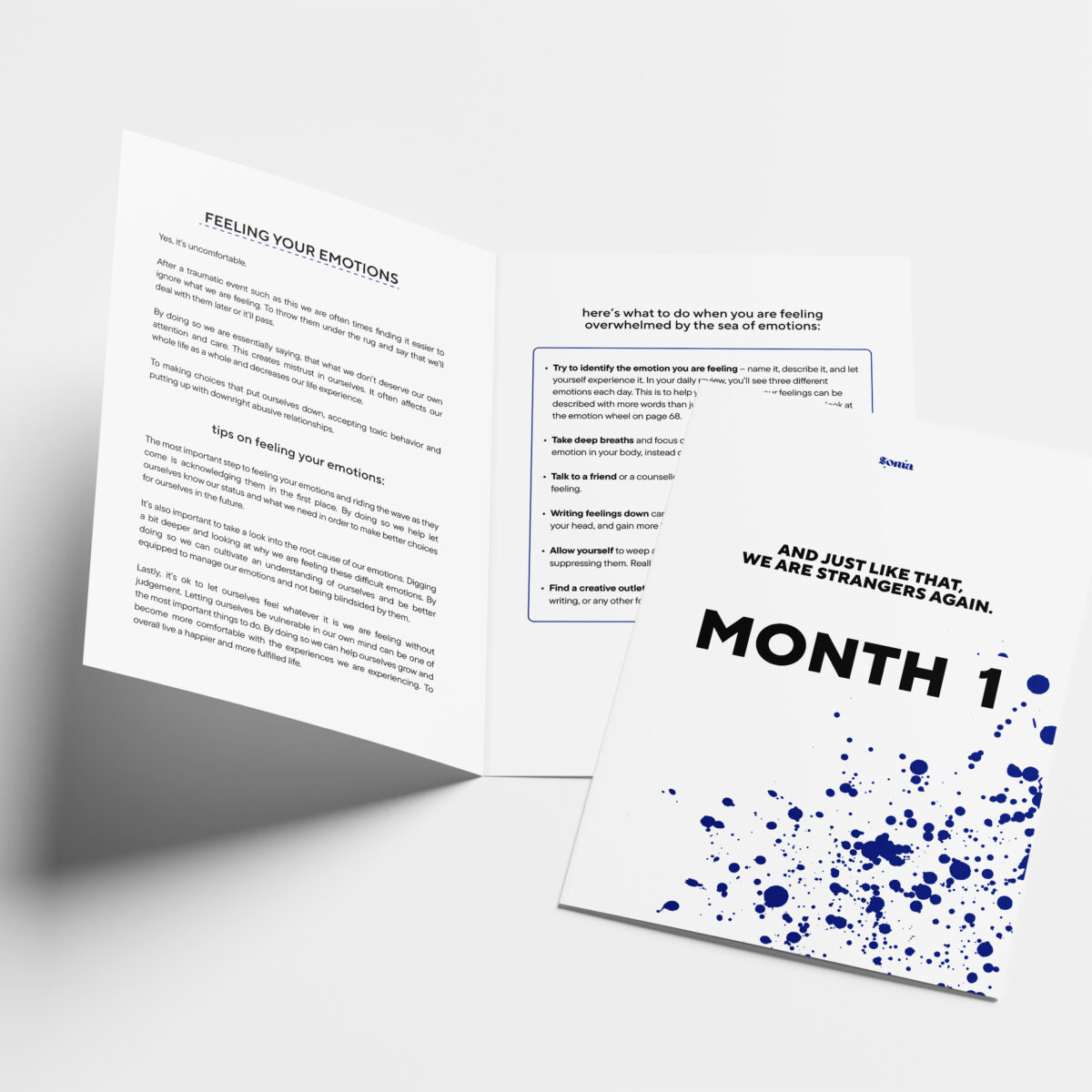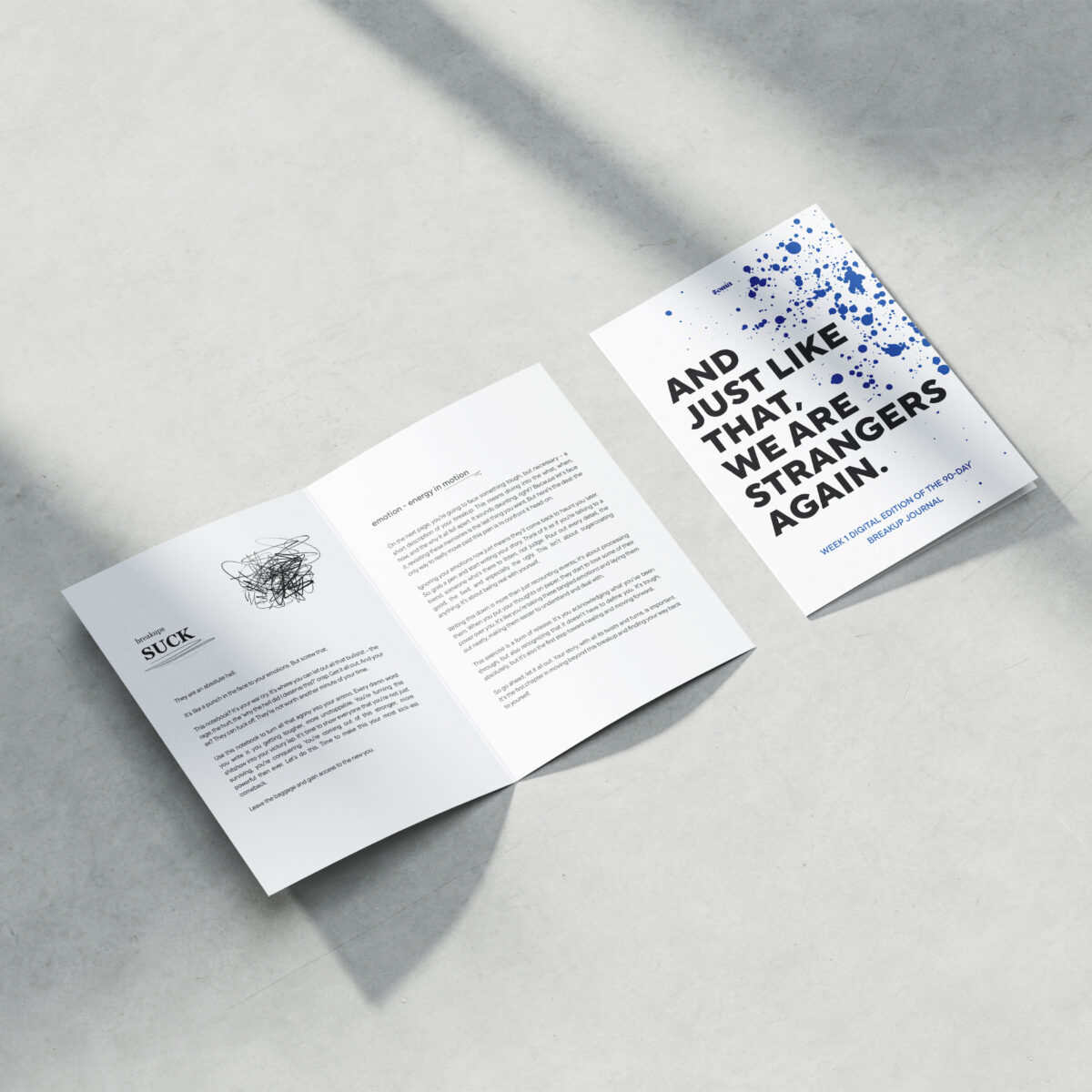
Have you ever wished for deeper connections with the people in your life – more joy, more understanding, less conflict? We all crave meaningful relationships. Our bonds with partners, family, friends, and colleagues are woven into the fabric of a happy, fulfilling life.
But here’s the thing: strong relationships don’t magically happen. They take effort, awareness, and a willingness to be open and kind. If you sometimes struggle to find your footing in relationships, you’re not alone! In this guide, we’ll dive into those practical ingredients necessary for healthy, enriching bonds. Think of it as your tool kit for building the fulfilling relationships you crave.
the building blocks of great relationships
Before we start constructing happier connections, let’s lay down the crucial foundation stones:
- Respect: Valuing others for who they are – including their differences.
- Trust: Feeling safe to be yourself, trusting the other person will act with integrity.
- Communication: Honest, open, respectful exchange of thoughts and feelings.
- Empathy: Understanding another’s perspective, even when you don’t agree.
- Shared Values: Common ground and a sense of purpose (helpful, but not a must-have).
THE SECRET STARTS WITH YOU
- Know thyself: Take time for self-reflection. What are your core values (honesty, kindness, ambition, etc.)? What things bring you genuine joy, and what triggers negative emotions? The better you understand your internal landscape, the better equipped you are to communicate your needs, set healthy boundaries, and build solid relationships that align with your true self.
- Self-love & Compassion: Be your own best friend. Talk to yourself the way you would a loved one – offer support during challenges and celebrate your strengths. When you approach yourself with kindness, that same loving disposition radiates into the way you treat others.
- Boundaries: Think of boundaries like protective fences around your wellbeing. They define what you’re comfortable with physically (appropriate touch), emotionally (respect for your feelings), and practically (not always being available to drop everything for someone else). Clear boundaries teach people how to treat you and give you space to take care of your own needs, which then allows you to show up in relationships as your best self.
COMMUNICATION – IT’S NOT JUST WORDS
- Active listening: This means truly focusing on understanding the other person, not just formulating your reply while they talk. Practice reflecting what they say (“It sounds like you’re feeling…”), ask clarifying questions, and maintain open body language (like eye contact and relaxed posture). Active listening makes people feel heard and valued, strengthening the bond.
- Watch the body language: Non-verbal cues speak volumes. Pay attention to your own posture, eye contact, and how you carry yourself. Are you sending a message of openness or defensiveness? Additionally, be mindful of the other person’s body language – it can provide clues about their true feelings and help you better navigate the conversation.
- “I” statements: When expressing concerns or frustrations, frame them with “I feel…” rather than “You always…” or “You never…” This takes the focus off attacking the other person and opens them to understanding how their actions impact you.
- Seek to understand: During disagreements, it’s easy to get stuck defending your position. But true connection often happens when you set aside that need to be right and genuinely try to see the world through the other person’s eyes. Even if you ultimately disagree, the act of empathy builds trust and fosters collaboration.
- Mind the tone: It’s not just what you say, but the inflection, emphasis, and pace that send crucial undertones. Strive for a sincere, calm tone – sarcasm and biting humor rarely serve constructive communication.

BUILDING TRUST: THE HEART OF IT ALL
- Be reliable: This includes not just major promises, but consistent everyday follow-through. Arrive on time, complete tasks when you say you will, and be there when they need you. These simple acts demonstrate you’re worthy of their trust.
- Walk the talk: If you say you prioritize honesty, act with integrity even when it’s difficult. When your actions and words align, people feel they can rely on the real you, deepening the level of trust in the relationship.
- Open up: Vulnerability is scary, but essential for true intimacy. Share your thoughts, hopes, fears, and experiences (at levels appropriate to the relationship). This willingness to be seen for who you are lets the other person do the same, creating a space of authentic connection.
- Forgive (when possible): Holding grudges chips away at any relationship. Forgiveness doesn’t mean minimizing hurtful actions or excusing bad behavior. It means choosing to release resentment so you can move forward, whether that’s reconciliation or choosing to walk away peacefully. Note: This does NOT apply to situations involving serious or ongoing abuse.
CONFLICT RESOLUTION: TURNING FRICTION INTO GROWTH
- Choose your battles wisely: Before tackling a disagreement, ask yourself: Is this really important to me? Will resolving this change the fundamental dynamic of our relationship? Sometimes, letting go of smaller annoyances helps focus energy on the core issues that matter.
- Timing is everything: Avoid difficult conversations when you’re angry, tired, or distracted. Emotions run high in these moments, making productive discussion near impossible. Pick a time when you’re both calm, in a private space, and able to fully focus on the topic at hand.
- Take responsibility for your part: Even if you feel you’re only 10% to blame, owning your piece of the problem shows openness and de-escalates defensiveness. Try phrases like, “I could have communicated that better,” or “I understand how my actions might have contributed to this.”
- Collaborate, don’t combat: Approach conflict as a team problem to solve, rather than a battle to win. Brainstorm solutions together, listen actively to understand their perspective, and focus on finding middle ground or a compromise that works for both of you.
- Seek a mediator if needed: If repeated attempts at resolution fail, a neutral third party (therapist, counselor, etc.) can provide tools and a safe space to work through conflicts in a structured, productive way.
QUALITIES THAT STRENGTHEN CONNECTIONS
- Support: Be a cheerleader and safe harbor for the people you care about. Celebrate their wins, big and small, and offer unconditional love and support during challenges. Let them know you believe in them, even when they stumble.
- Gratitude: Actively cultivate appreciation. A heartfelt “thank you” for thoughtful gestures, a listening ear, or simply being themselves can go a long way. Small expressions of gratitude foster a sense of being valued and enrich the relationship.
- Forgiveness: Everyone makes mistakes. When appropriate, choose to forgive (but not forget) hurtful actions. Remember, forgiveness is as much for your healing as it is for the other person. Holding on to resentment damages the relationship far more long-term.
- Fun and spontaneity: Prioritize fun! Shared laughter, inside jokes, adventures, and playful moments inject lightheartedness and joy into your connections. Don’t underestimate the power of having simple fun together to create lasting memories and deepen your bond.
- Acceptance: Strive to accept the other person as they are, flaws and all. Everyone has imperfections. Aim to create a space of unconditional love where growth is encouraged, but you don’t expect them to become someone they’re not.

DIFFERENT TYPES OF RELATIONSHIPS – SPECIFIC CONSIDERATIONS
- Romantic relationships: In addition to the basics, romantic connections thrive on:
- Intimacy: Emotional closeness, shared vulnerability, feeling truly seen and understood.
- Passion: Keeping the spark alive with physical touch, novelty, expressions of affection.
- Shared Goals: Regularly revisiting dreams, lifestyle choices, and your desired future together.
- Friendships: Healthy friendships flourish with:
- Effort: Don’t just assume someone knows you’re there. Reach out, schedule time together, be active in their lives.
- Reciprocity: A good balance of give and take is essential to healthy and sustainable friendships.
- Allowance for change: People evolve, friendships do too. Leave room for growth and shifts in the dynamic.
- Family: Family relationships demand:
- Boundaries: Healthy limits protect everyone while maintaining love and respect.
- Realistic Expectations: Families aren’t perfect. Let go of the idealized image and find what works within your current reality.
- Space for Independent Lives: Even the closest families flourish when each person is allowed autonomy and privacy.
- Work relationships: Focus on:
- Clear boundaries: Separate work and personal life as much as possible.
- Collaborative Mindset: See colleagues as part of a team working towards a common goal.
- Professionalism: Avoid gossip, handle differences discreetly, aim for polite interactions even with those you don’t personally like.
The work of nurturing beautiful relationships never really ends. It’s ongoing, with bumps and triumphs along the way. But by understanding yourself, mastering communication, and building a bedrock of trust, you’ll create those deeply rewarding connections that make life so much richer.
Remember, you deserve loving, honest, supportive relationships. Take what you’ve learned here, commit to growth, and step confidently in the direction of building truly extraordinary bonds.
P.S. Did you know that the SOMA 90-day breakup journal gives you even more tips on mastering communication skills and building healthy relationships? Try it out here:
-
 Breakup Workbook49,90 €
Breakup Workbook49,90 €








